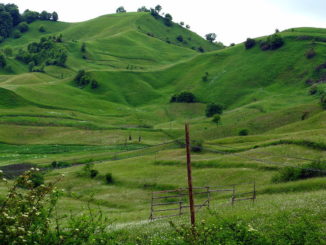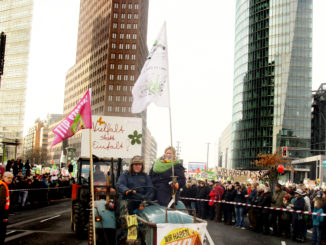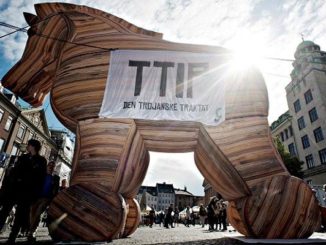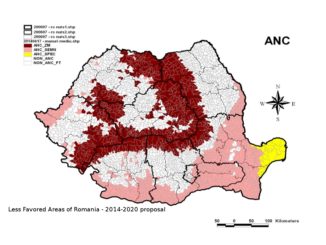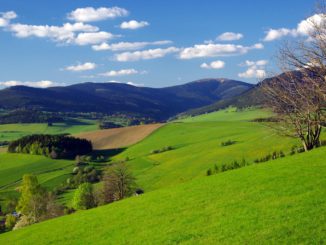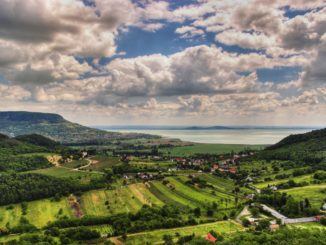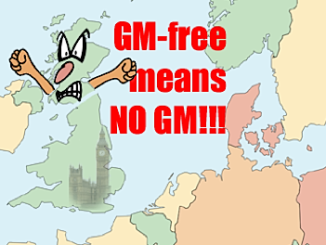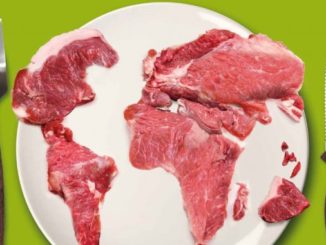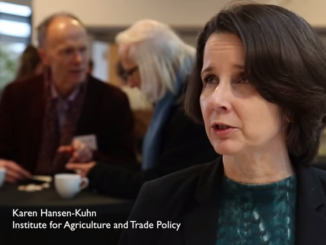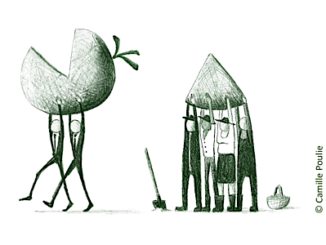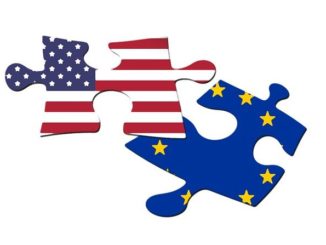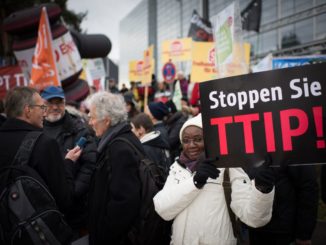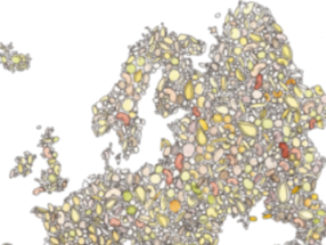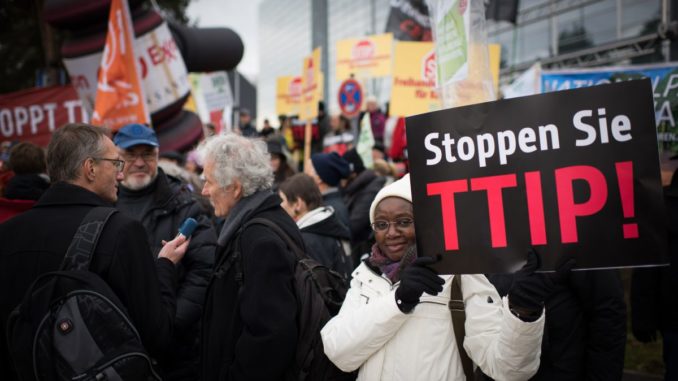
Weak Draft TTIP Resolution Adopted
(updated 28/05/2015, 30/05/2015 and 01/06/2015) The European Parliament’s trade committee today adopted a weak resolution on the parliament’s position on TTIP, the Transatlantic Trade and Investment Partnership. This disappointing resolution was adopted by what sources describe as a “grand coalition” of centre, centre right and centre left groupings. It failed to include any criticism of the controversial ISDS investor protection mechanism. According to Friends of the Earth Europe, the draft resolution, which is to be debated in plenary on 10 June “is the unique opportunity for the European Parliament to give its opinion on the on-going trade talks between the EU and the US.” Friends of the Earth Europe however “condemned the outcome of the vote as a weak resolution failing to draw clear red lines on some of the biggest dangers of the proposed trade deal”. Because of today’s adoption, the resolution itself will be only include very weak language, language which in no significant way reflects the depth of citizen concern and anger at TTIP and, especially, ISDS – Investor-State Dispute Settlement – the […]

